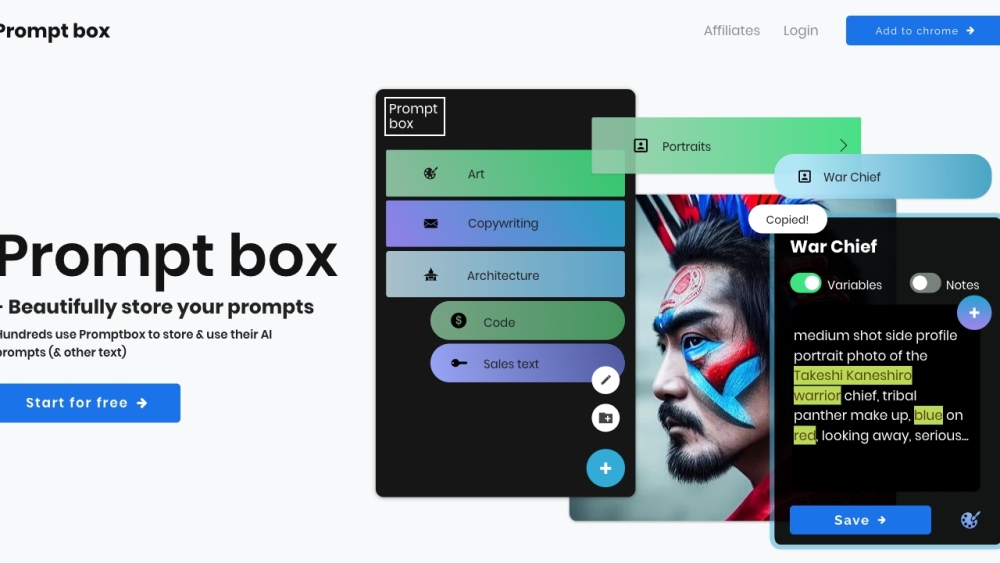The Impact of Generative AI on Cybersecurity Careers: Key Soft Skills for Success
Recent reports from Indeed reveal that nearly 20% of jobs are significantly affected by generative AI. This cutting-edge technology is transforming the cybersecurity landscape by automating threat data analysis, enabling professionals to dedicate more time to risk mitigation. Given the alarming number of high-profile breaches lately—like those involving MOVEit and Johnson Controls—cybersecurity experts are in urgent need of robust support systems.
Generative AI serves as a powerful tool for discovering new risks and generating alerts, but leveraging it effectively requires specific skill sets. When assessing candidates for cybersecurity roles, I focus on three essential soft skills: lateral thinking, persistence, and communication.
1. Lateral Thinking
While many employers highlight problem-solving abilities in job postings, the capacity to think creatively is crucial in cybersecurity. Candidates must adeptly adapt to evolving risks and immediate threats. For instance, a strong candidate with lateral thinking skills will envision ways to integrate generative AI into existing frameworks, allowing for the quicker identification of security risks while streamlining operations.
However, it's important to acknowledge that generative AI also raises significant data security and privacy issues that cannot be overlooked. Candidates should be knowledgeable about both the advantages and the pitfalls of this technology, particularly regarding how large language models (LLMs) could expose an organization’s internal data. It’s concerning to note that almost half of executives fear that generative AI’s integration may lead to fresh attacks on their systems or data. Thus, security professionals must proactively explore potential vulnerabilities and adopt hacker mindsets to uncover new threats.
To assess lateral thinking during interviews, I often pose situational questions to candidates that showcase their resourcefulness in overcoming challenges. A commonly asked question is, “Can you describe a situation where you had to act despite facing significant ambiguity or limited information?”
2. Persistence
The field of cybersecurity is dynamic, with threats evolving daily. Successful professionals need to exhibit tenacity in both their learning and application of knowledge. While ransomware has posed risks for years, newly emerging threats, such as AI-based attacks and third-party data breaches, add layers of complexity to the challenge. Given the heightened risks in today’s landscape, even minor security oversights can lead to substantial consequences.
Candidates should illustrate their commitment to professional development through their résumés, reflecting their determination to stay ahead in this fast-paced field. As hiring leaders, we should ask behavioral questions like, “Can you recount a time when you faced a setback? How did you respond?” Such inquiries reveal a candidate’s ability to learn rapidly and adjust in the face of adversity.
3. Communication
Cybersecurity is inherently collaborative; it requires ongoing teamwork and information sharing. Security professionals often find themselves navigating a landscape filled with technical jargon. It’s crucial to communicate effectively with non-technical stakeholders, such as executives, customers, and employees, who may not understand complex security terminologies. The ideal candidate can convey intricate concepts clearly and concisely, using relatable analogies where necessary.
A valuable indicator of strong communication skills on a resume would be evidence of cross-functional roles in previous positions. An insightful question I might use in interviews is, “In detail, can you explain what happens when you type www.cnn.com into your web browser and hit enter?” This question can reveal how well the candidate can articulate technical concepts to a non-technical audience.
The Top Mistake Cybersecurity Candidates Should Avoid
It becomes evident when a candidate is primarily driven by financial gain rather than a genuine commitment to cybersecurity. The pressures of cybersecurity roles can lead to burnout, and a lack of passion for one's work can significantly impact mental well-being. A staggering 66% of security leaders report high-stress levels at work. While generative AI can help alleviate some of this pressure, finding a role that ignites passion is crucial in order to prevent burnout.
Identifying money-motivated candidates can be challenging, but frequent job changes—often referred to as “job hopping”—can serve as a red flag. Hiring teams should be careful when evaluating a candidate's job history, especially if it lacks clear progression. I once hired an exceptionally skilled candidate for a demanding incident response role, yet they lacked motivation, leading us to part ways.
Mastering Your Cybersecurity Interview
While generative AI provides valuable enhancements in cybersecurity, it should be regarded as a supplementary tool—not a cure-all for cybercrime. The ability to think strategically, demonstrate persistence, and communicate complex ideas clearly are irreplaceable skills that technology cannot emulate. Candidates who showcase these qualities in their résumés and interviews will significantly enhance their chances of securing a rewarding role in cybersecurity.






